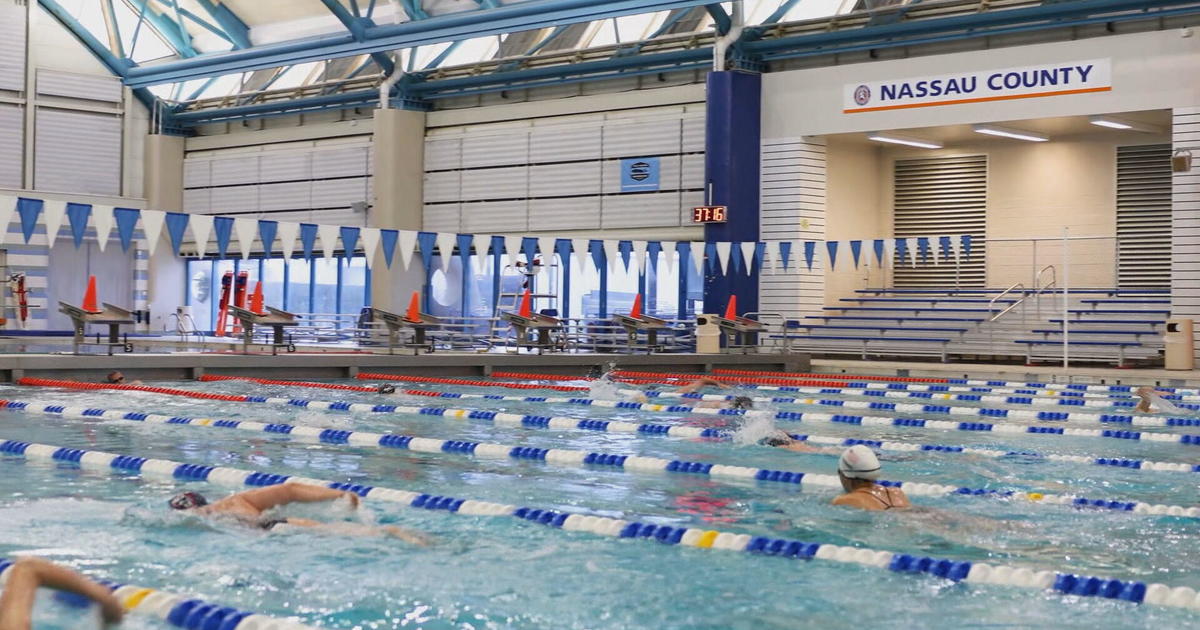A contentious battle over transgender rights is currently taking place on Long Island, New York, as Nassau County lawmakers prepare to vote on whether to prohibit transgender women athletes from competing on women’s teams in county-owned facilities. This issue has sparked heated debate and legal action, with various parties expressing strong opinions and concerns.
In February, Nassau County Executive Bruce Blakeman signed an executive order that effectively banned transgender women from participating in women’s or girls’ sporting events at the county’s more than 100 public facilities. Blakeman justified this decision by citing feedback from female athletes who believed it was unfair and potentially unsafe for biological males to compete in women’s sports.
One group that was particularly impacted by this ban was the Long Island Roller Rebels, a flat-track roller derby team that includes several transgender players. Amanda Urena, the president of the recreational group, emphasized the importance of recognizing transgender women as women and advocating for their right to participate in sports teams aligned with their gender identity.
In response to Blakeman’s executive order, the Roller Rebels, with the support of the American Civil Liberties Union (ACLU) of New York, filed a lawsuit against Nassau County, arguing that the policy violated state Human Rights and Civil Rights Laws. A judge subsequently ruled that Blakeman had exceeded his authority in implementing the ban, setting the stage for further legal and legislative action.
Currently, the Nassau County Legislature is considering a similar measure that would formalize the ban on transgender women athletes. The legislature, consisting of 12 Republicans and seven Democrats, recently voted to advance the bill after its introduction last week. A full vote is scheduled for June 24, with significant implications for the transgender community and advocates of LGBTQ rights.
Gabriella Larios, an attorney representing the New York Civil Liberties Union, expressed concerns that the proposed legislation would violate state anti-discrimination laws that explicitly protect transgender individuals. She highlighted the 2019 amendments to New York’s Human Rights Law and Civil Rights Law, which aim to prevent discrimination against transgender people in various contexts, including sports participation.
The broader context of the debate over transgender rights in sports is also noteworthy, with nearly 150 anti-LGBTQ bills under consideration across the United States, including 21 specifically targeting transgender athletes. Since Blakeman’s executive order, several other states have moved closer to passing similar bills that restrict the participation of transgender individuals in sports based on their gender identity.
For Urena and the Roller Rebels, the fight is not just about sports but about defending the rights of all individuals to engage in activities supported by their communities through tax dollars. They believe that their advocacy is rooted in principles of justice and equality, standing up for the rights of transgender individuals and promoting inclusivity in athletic competition.
Blakeman, in defense of his position, emphasized the importance of protecting the rights of women in sports and suggested alternative solutions such as forming co-ed or transgender-specific leagues. He asserted that the ban on transgender women athletes was not meant to be discriminatory but rather to uphold the integrity of women’s sports and ensure fair competition.
In the face of opposition and legal challenges, the Roller Rebels have adapted by renting private spaces for their practices, maintaining their commitment to advocating for transgender rights and inclusivity in sports. Their resilience and determination reflect a broader movement seeking to address issues of equity and fairness in athletic competition, especially for marginalized communities.
As the debate over transgender rights in sports continues to unfold on Long Island and beyond, it raises critical questions about inclusivity, discrimination, and the role of legislation in shaping social norms. The outcome of the upcoming vote in Nassau County will have far-reaching implications for transgender athletes and the broader LGBTQ community, highlighting the ongoing struggle for equal rights and representation in sports and society as a whole.









